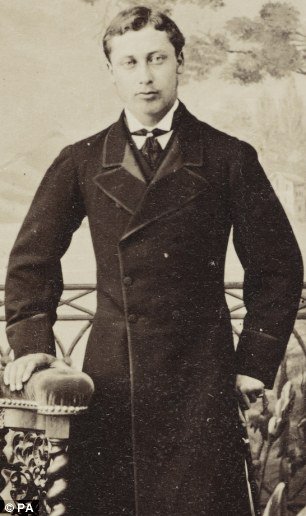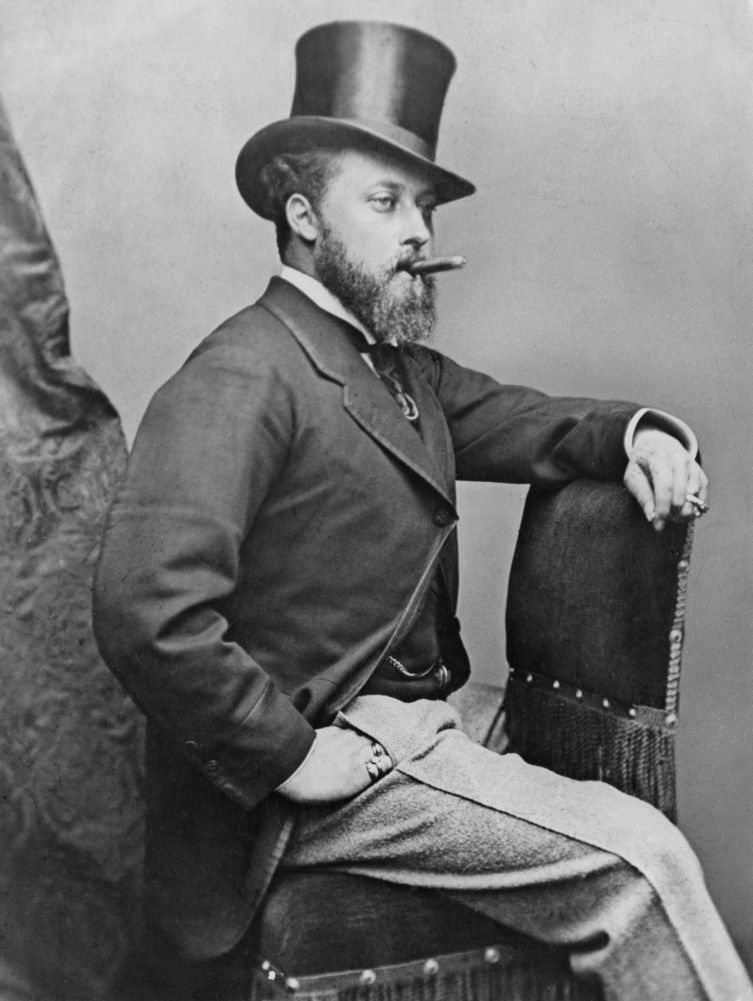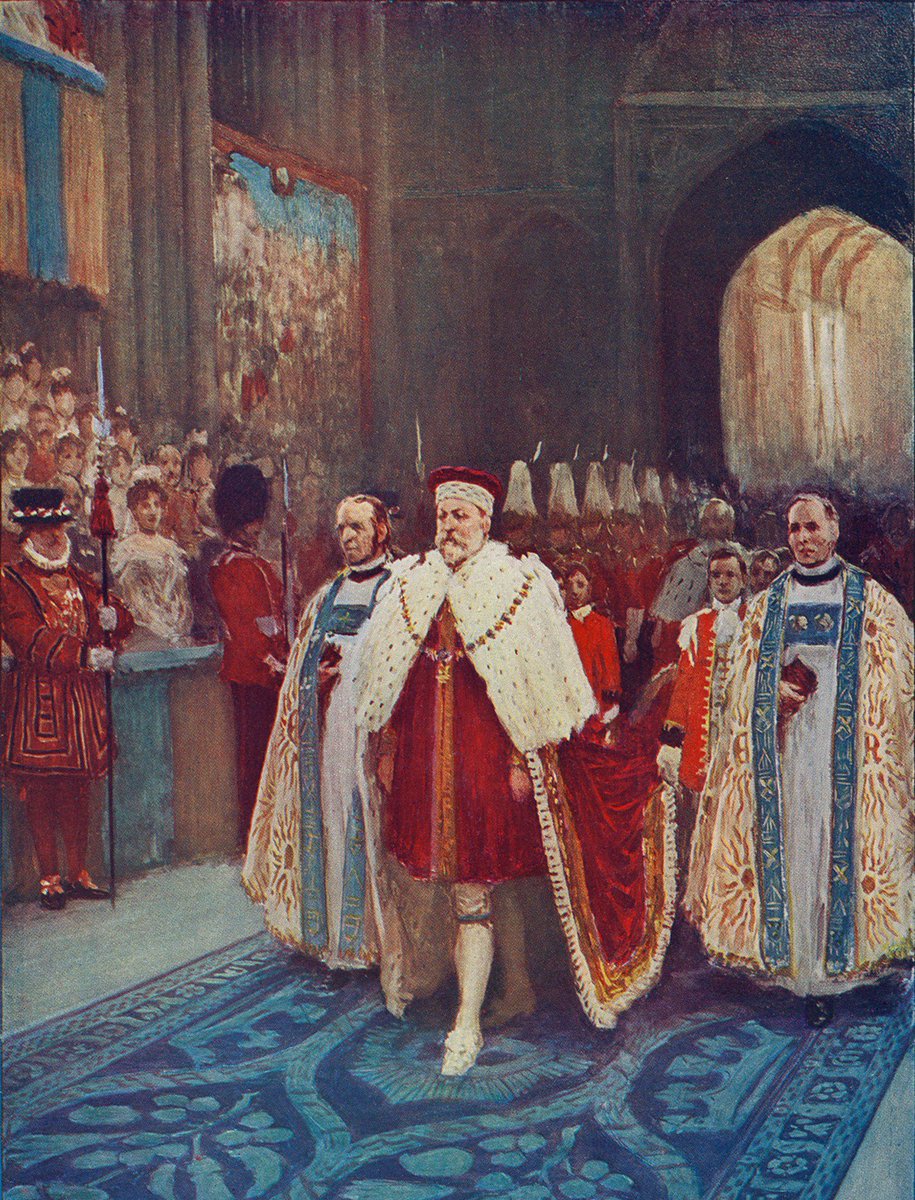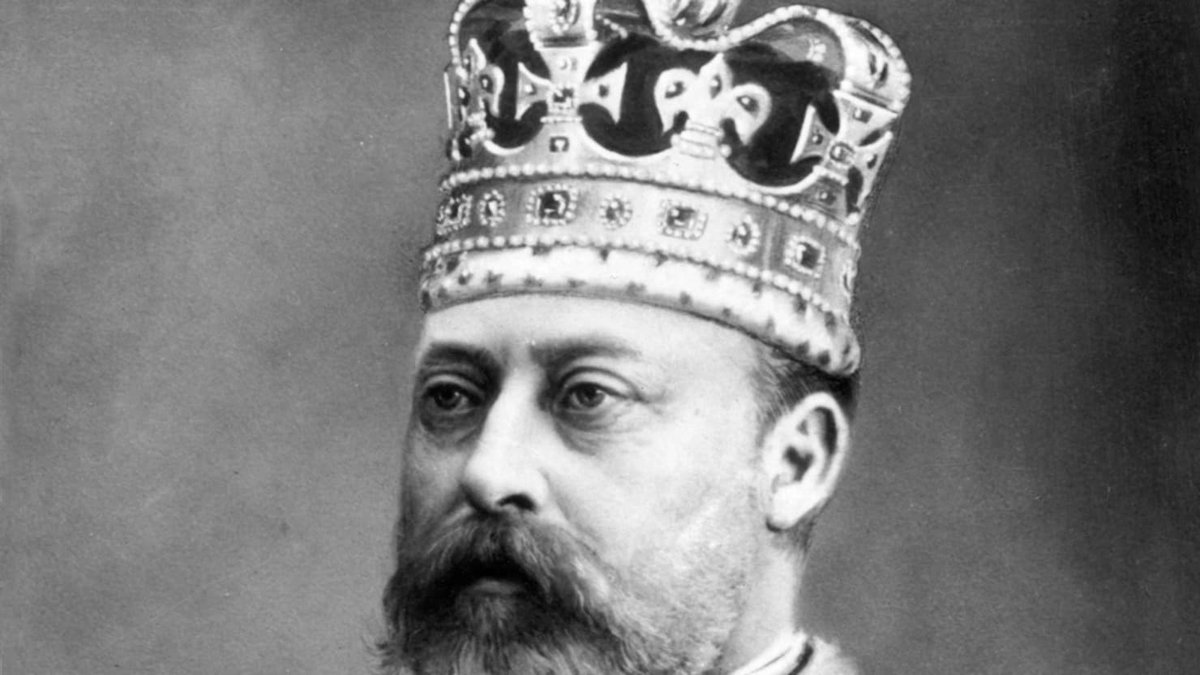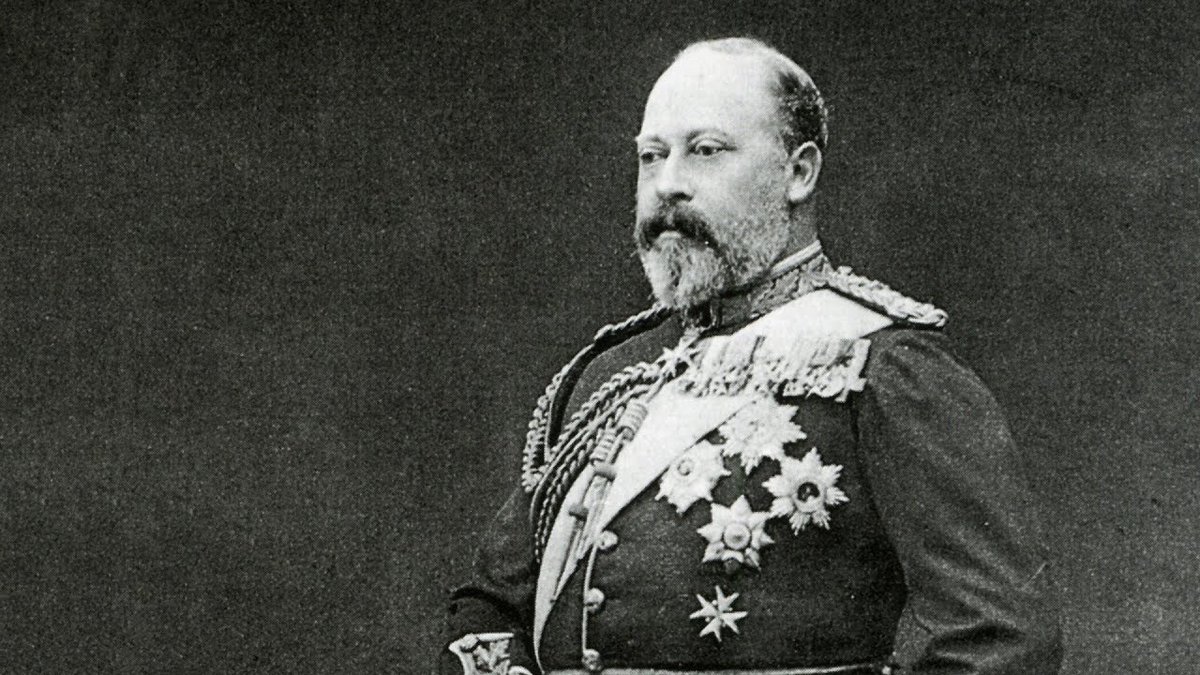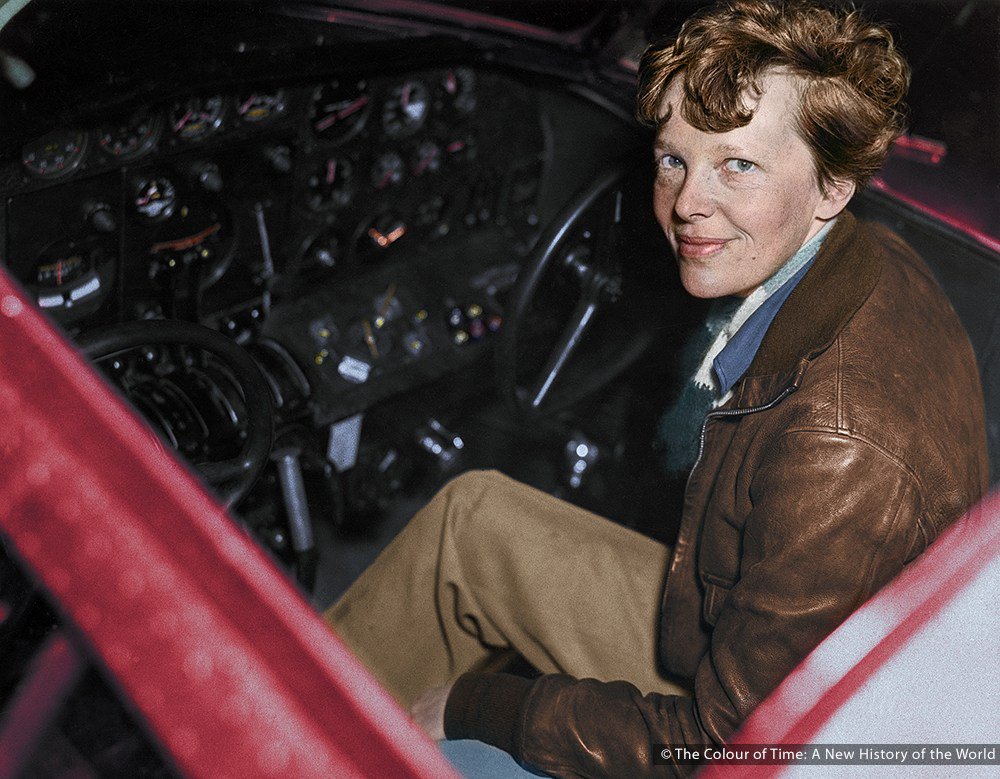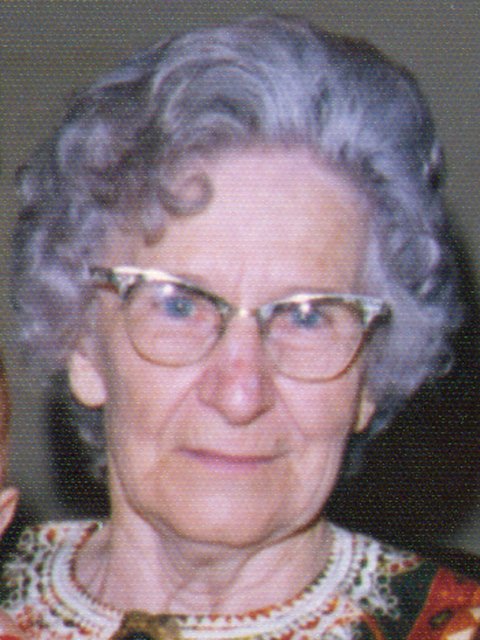Shortly after Prince Albert's death, the queen arranged for Edward to embark on an extensive tour of the Middle East, visiting Egypt, Jerusalem, Damascus, Beirut and Constantinople.
At the end of the tour, Queen Victoria was given the title Empress of India by Parliament, in part as a result of the tour's success.
Albert Victor was the second of Edward's children to die.
He could afford to be magnanimous: his private secretary, Sir Francis Knollys, claimed that he was the first heir to succeed to the throne in credit.
Sir Frederick Treves, with the support of Lord Lister, performed a then-radical operation of draining a pint of pus from the infected abscess through a small incision (through 4 1⁄2-inch thickness of belly fat and abdomen wall);
Queen Victoria Eugenia of Spain, Crown Princess Margaret of Sweden...
King Haakon VII of Norway was both his nephew and his son-in-law;
Kings Frederick VIII of Denmark and George I of Greece were his brothers-in-law;
There was one relation whom Edward did not like: Wilhelm II. Edward's difficult relationship with his nephew exacerbated the tensions between Germany and Britain.
The Finance Bill passed the Commons on 5 November 1909, but was rejected by the Lords on 30 November.
The King was annoyed that his efforts to urge passage of the budget had become public knowledge and had forbidden his adviser Lord Knollys
The election resulted in a hung parliament, with the Liberal government dependent on the support of the third largest party, the Irish nationalists.
Asquith revealed that there were no guarantees for the creation of peers. The Cabinet considered resigning and leaving it up to Balfour to try to form a Conservative government.
By April the Palace was having secret talks with Balfour and the Archbishop of Canterbury, who both advised that the Liberals did not have sufficient mandate to demand the creation of peers.
The King replied, "Yes, I have heard of it. I am very glad": his final words.
Though lauded as "Peacemaker", he had been afraid his nephew, the German Emperor Wilhelm II, would tip Europe into war.

